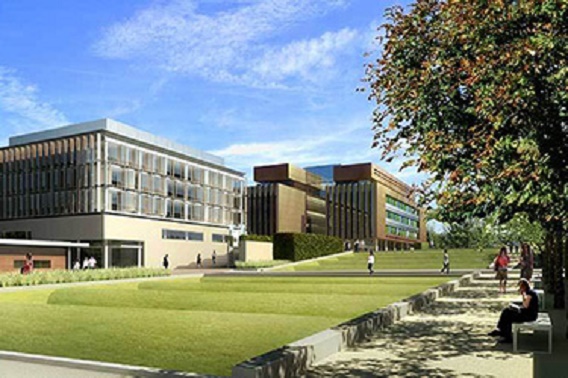University of Southampton: Experts call for international collaboration to take quantum experiments to space
Experts at University of Southampton and Queen’s University Belfast are calling for scientific, engineering, industrial and political communities to join forces and take quantum experiments to space.
Scientists in the areas of quantum physics and space currently work separately. However, experts now believe that by joining forces they could make many more discoveries.
“There is a great effort and indeed investment in the UK to translate quantum technology into real world industrial applications,” explains Professor Hendrik Ulbricht from the School of Physics and Astronomy at the University of Southampton. “At the same time the UK is reconsidering their strategy for space and is looking for key technologies with strength to be world leading in space, maybe Quantum Technology could be one of these,” he continues.
One possible scenario, for testing the macroscopic limits of quantum mechanics, is explained in this latest comment piece in the journal Nature.
Professor Mauro Paternostro, Head of the School of Mathematics and Physics at Queen’s, who co-wrote the piece, comments: “Scientific legacy of the 20th century is two-fold – on one hand there is quantum mechanics, which has helped us to explain the fundamental principles of the microscopic world. On the other hand, we have the space programme, which has made space exploration a reality.
“If scientists in these two areas were to join together we could deliver truly unforeseen possibilities.”
At present, quantum experiments are mainly performed in labs and it can be difficult to create the correct conditions to test the fundamental principles of nature.
While the plan to take the experiments to space could transform science, it would also be costly. Therefore, Professors Ulbricht and Paternostro are calling on the efforts of the entire science community to turn the dream into a reality.
“It is clear that any new technological developments for space have to be made on the international stage, so a strong multi-national consortium has to be formed; but there could be a chance for a strong leading UK partner to develop key technology for quantum experiments in space,” continues Professor Ulbricht. “The University of Southampton with its expertise in optomechanics, transitioning scientific experiments from the lab to real-world application, and its close links to UK space industries could play a major role in this endeavor,” he concludes.
The next step will be to initiate a trans-national dialogue among quantum and space stakeholders to map out a plan for the work.

